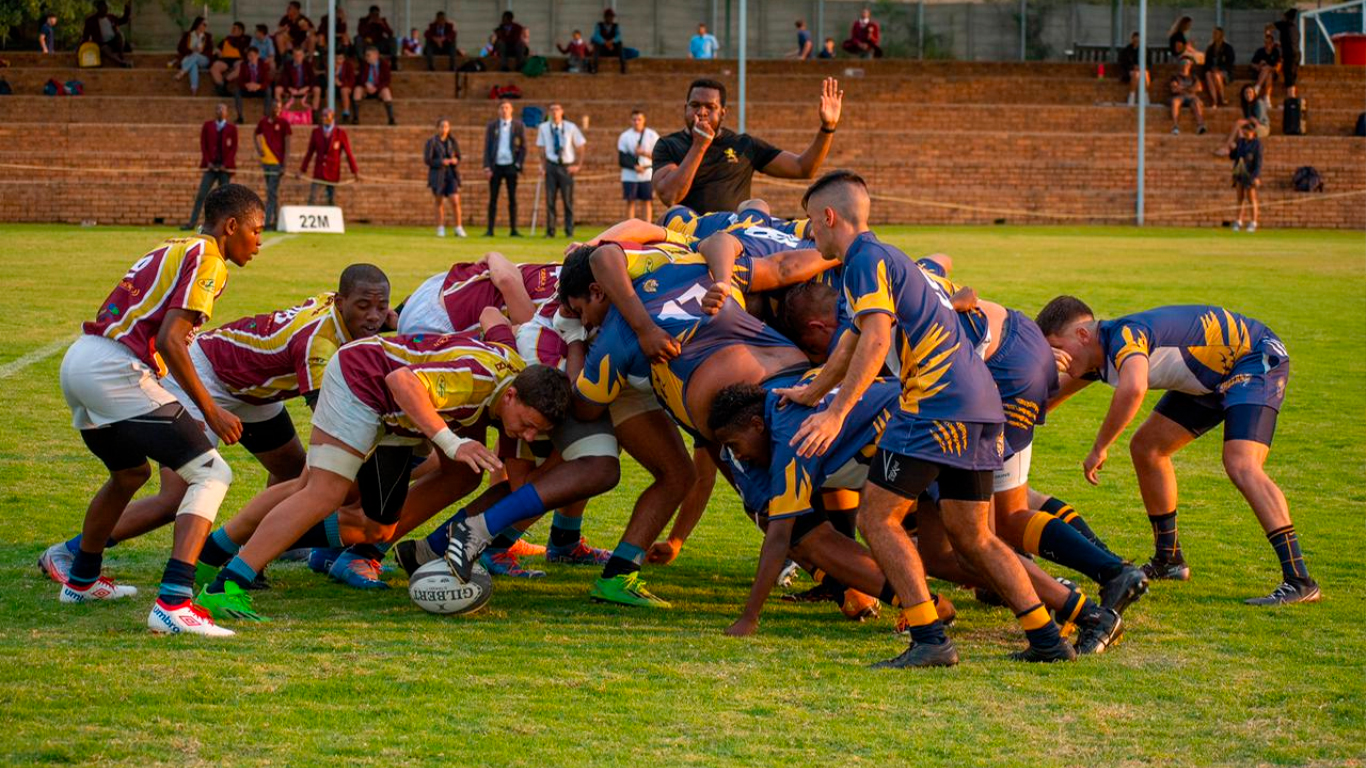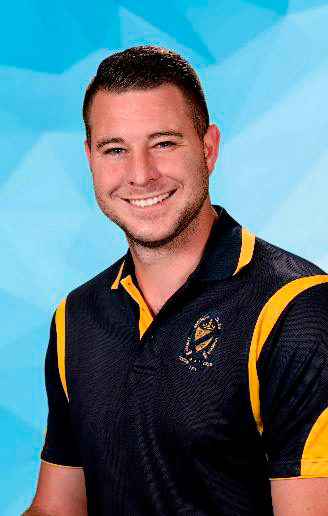
Artificial Intelligence: A Sporting ‘Assistant’ but never an ‘Athlete’
Craig Winfield – Marist Brothers Linmeye

Artificial intelligence (AI) has been making remarkable progress in various fields, including medicine, finance and transportation. However, some people believe that AI can also replace natural human ability on the sports field. While AI can provide valuable insight and help athletes improve their performance, it cannot replace the natural instincts and creativity of human athletes.
AI lacks the natural instincts that human athletes possess. Athletes develop their instincts over years of training and experience. They can anticipate the movements of their opponents, make split-second decisions and adjust their movements accordingly. AI, on the other hand, is programmed to make decisions based on data and algorithms. While AI can analyse vast amounts of data and identify patterns, it cannot replicate the natural instincts that human athletes possess.
Sports require creativity and adaptability, which are unique skills to human athletes. While AI can process data and identify patterns, it cannot think outside of the box or come up with creative solutions to problems. In sports, athletes often face unexpected situations that require them to think on their feet and come up with innovative solutions. For example, a basketball player may need to improvise a shot in the face of a sudden defensive move. AI cannot replicate this creativity and adaptability.
Sports are emotional and psychological experiences and AI lacks emotional intelligence. Athletes experience a range of emotions, including excitement, fear and anxiety, which can affect their performance. Coaches and teammates play a significant role in managing these emotions and motivating athletes to perform at their best. AI, however, cannot read emotions or provide the emotional support that human athletes require.
Sports require physical ability, that is exclusive to human athletes. While AI can provide insight into an athlete’s performance, it cannot replicate the physical attributes that make an athlete successful. For example, a sprinter’s speed or a basketball player’s jumping ability cannot be replicated by AI. Human athletes possess exclusive physical abilities that allow them to excel in their respective sports.
Whether we are on the field or court, we thrive on human connection and community. Fans connect with athletes and teams on an emotional level and sports bring people together from all walks of life. AI cannot replicate this human connection and community. While AI can provide insight into an athlete’s performance and help fans engage with the sport in new ways, it cannot replace the emotional connection that fans have with their favourite athletes and teams.
In conclusion, while AI can provide valuable insight and help athletes improve their performance, it cannot replace the natural instincts, creativity, adaptability, emotional intelligence and the physical ability of human athletes. Sports are about human connection, community and the unique abilities of athletes. AI can provide a valuable tool for coaches, trainers, and analysts, but it cannot replicate the human experience of sports. As technology continues to advance, we must remember the importance of the human experience and the unique qualities that make us who we are.
It took me twenty seconds to generate this article on the AI platform, ChatGPT. However, it took me ten years of training; provided by dedicated coaches and many hours of practice, to perfect a winning drop kick in the last twenty seconds of a Marist Brothers Linmeyer first-team championship winning game.
There will most definitely be a place for Artificial Intelligence in education in the future, but there is nothing artificial about your natural ability, hard work and dedication to your sport.
________________
Craig Winfield – Marist Brothers Linmeyer – High School Extra-Curricular Coordinator
